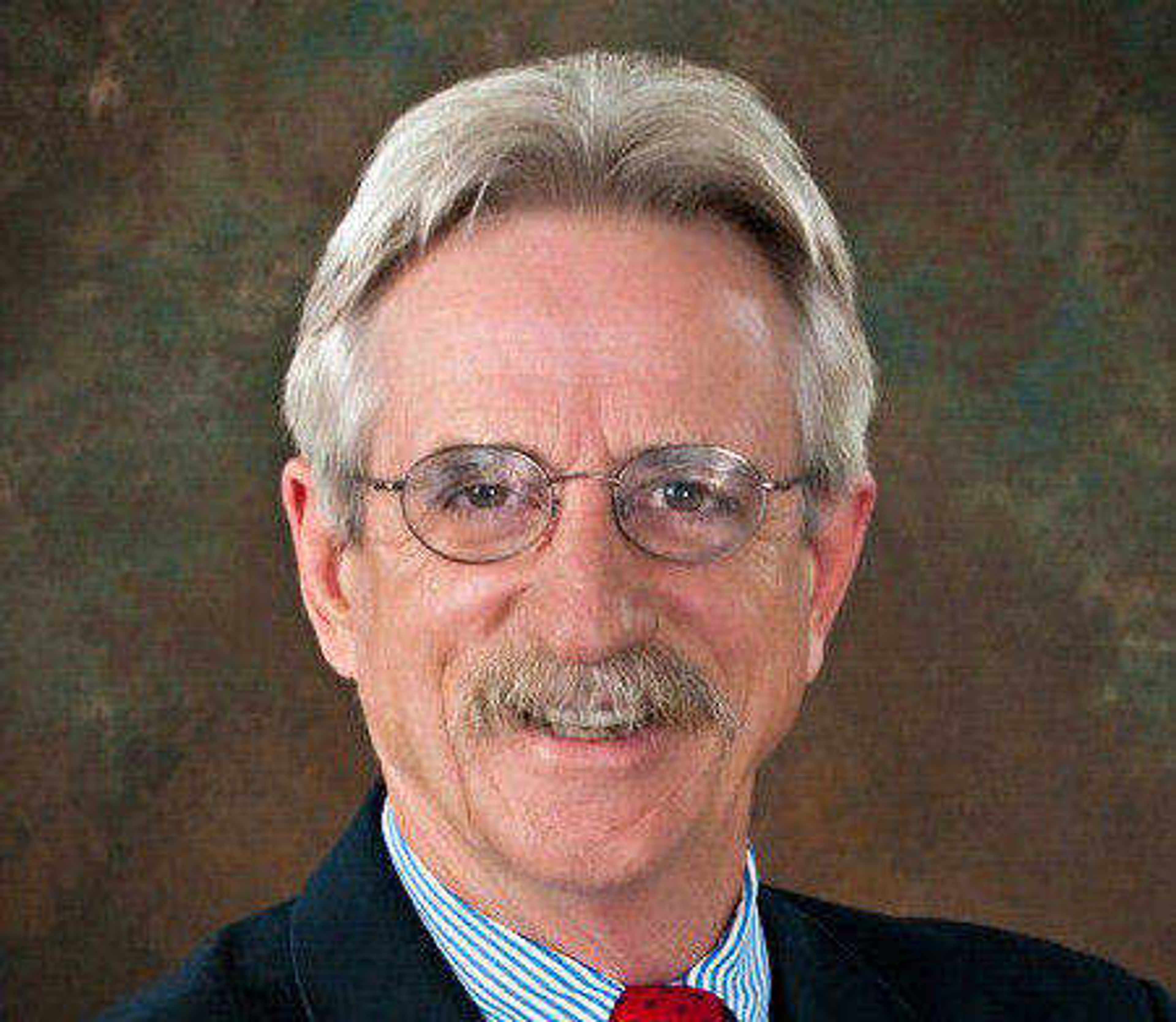Election results show urban dominance in sea of red
In the afterglow of last week's election -- better known as deep depression -- I've tried to learn some lessons. Here's what I think I learned. We can all look at the same set of numbers and have starkly different "take-aways." It's easy enough to see the obvious racial divide in the election results. And it's equally easy to see the different political preferences in dozens of demographic breakdowns, i.e., age, religion, gender, etc...
In the afterglow of last week's election -- better known as deep depression -- I've tried to learn some lessons.
Here's what I think I learned.
We can all look at the same set of numbers and have starkly different "take-aways."
It's easy enough to see the obvious racial divide in the election results. And it's equally easy to see the different political preferences in dozens of demographic breakdowns, i.e., age, religion, gender, etc.
But far and above is the major political gulf between urban centers and the rest of the nation.
Ignore the pundits -- just look at the map and let your eyes tell you the differences.
The final results' map is a virtual sea of red -- literally from coast to coast -- with bright blue in the densely populated cities.
Measured by counties, it was a GOP sweep. Measured in land mass, once again it's overwhelmingly GOP dominant.
But we all know that's not the way our system works.
Pick virtually any state and it is red-dominant at first glance.
Closer inspection, of course, shows the huge urban masses were saturated with blue voters, and those numbers don't lie.
What's needed is a massive exchange program between urban and rural areas.
Only when we sit down with our urban counterparts will we start to understand the basis of our differences and eventually build some bridges of understanding.
For decades, millions of American families have hosted foreign-exchange programs. These exchanges in culture and background help to forge understanding and find common ground.
Many communities have adopted "Sister City" programs with foreign communities for the same purpose.
Until we break down the urban/rural divide, many voices (ours) will be less effective in having substantive input into our national agenda.
But the problem, of course, is not geography.
The urban/rural differences include values, expectations and views on the purpose and scope of government.
By most metrics, we still live in a center-right country.
Yet the urban centers clearly don't reflect this national view.
So, for now, welcome to the urbanization of America.
Connect with the Southeast Missourian Newsroom:
For corrections to this story or other insights for the editor, click here. To submit a letter to the editor, click here. To learn about the Southeast Missourian’s AI Policy, click here.










